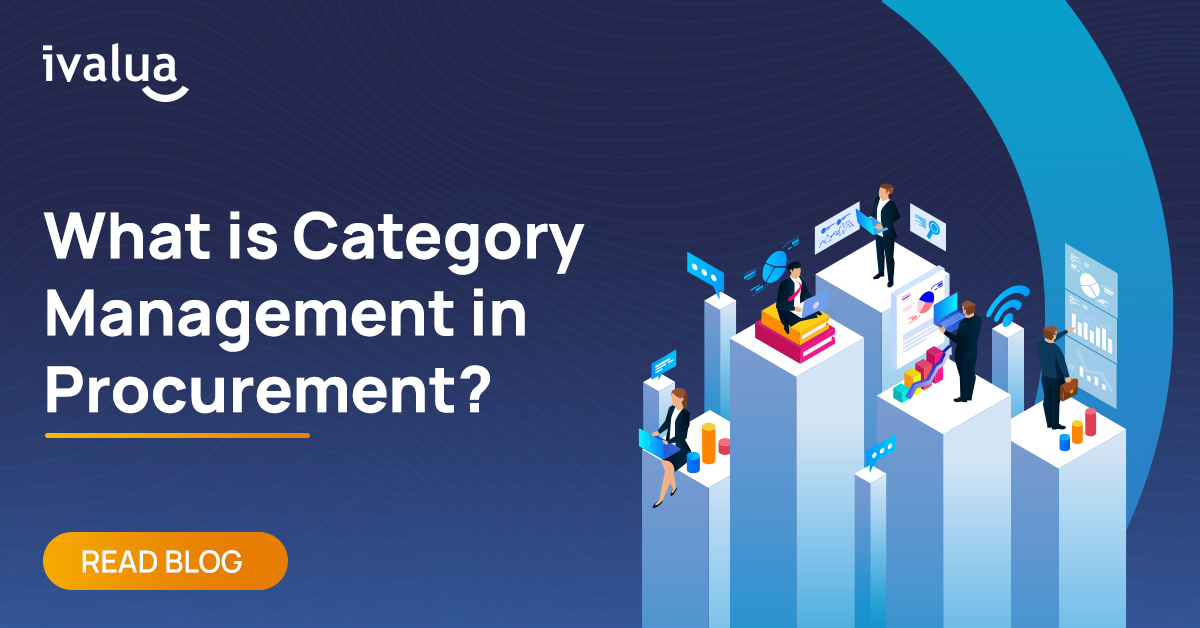A simple strategic sourcing definition is that it is the procurement process where a Procurement team identifies and creates value for their organization.
The reality of procurement strategic sourcing is that it is an intricate series of business processes which includes all upstream Procurement activities from spend analysis and supplier management and category management through to sourcing projects and contract management.
Why is Strategic Sourcing Important?
If you have ever read an article about Procurement best practices, you will know that a very small minority of teams are categorized as leaders and an equally small minority are considered laggards. That leaves the vast majority of companies and teams in the middle – and each one of them is working hard every day to be as good as they can given their current priorities, challenges and resources. Strategic sourcing and procurement was important before the Covid-19 pandemic, but its importance is now heightened by the huge amounts of supplier risk and supply chain disruption
What does a good strategic sourcing process look like?
The primary difference between “good” and “bad” Strategic Sourcing processes is contextualized flexibility.
Procurement teams must be able to apply the general principals in a way specific enough to maximize the value of each spend category. If Procurement and Supply Chain follow a Strategic Sourcing process flow like a checklist, then all Sourcing projects will start and end in the same way. That is hardly optimal given the supplier diversity, range of products, services and supply chain partnerships in place at most companies.
It is just as valid to sign a contract extension with an incumbent supplier as it is to run a full RFP and intensive negotiation process. The “good” differentiator is whether Procurement has the talent and tools to follow the spirit rather than the steps of the strategic sourcing process, recognizing when the standard six steps will do and when less traditional methods are called for.
An Effective Strategic Sourcing Process…

1. Is a dynamic process led by informed and capable Procurement Professionals.
If there isn’t a category expert in house, then the strategic sourcing process starts with learning. Listening to stakeholders and suppliers and conducting independent research about the market will ensure a level of understanding and an ability to be creative that can’t be confined to a checklist.
A process flow or framework becomes a crutch when Procurement Professionals either don’t know what else to do or don’t have enough experience with varied approaches to recognize the signals in a supply market or competitive landscape suggesting that an RFP isn’t the best way to maximize results.
2. Considers all of the ways to meet a business need rather than just updating the prices, quantities and terms of the past and carrying them forward.
In too many cases, Procurement has been conditioned to execute strategic sourcing projects like robots in response to a need expressed by the business.
Sometimes, however, what people think they need is not what they actually need at all.
Once again, up-front exploration expands the value proposition of sourcing. If there is an overarching business objective rather than a rigid list of pre-set specifications, Procurement can consider and introduce other ways of meeting that specific business need. That creates the opportunity to look a supplier innovation and factor in supplier diversity and pricing models. This in turn opens the door to greater efficiency and a true competition of ideas.
3. Understands all of the ways that a product/service does – and should – impact the business and applies varied strategies to maximize that impact.
Many of the opportunities to achieve “good” Strategic Sourcing have to do with up front planning and research. But Procurement can’t forget the downstream impact as well. Every solution has the opportunity to affect the business for the better – or worse. Failing to think all potential impacts during the project can be detrimental during and after implementation. Not only does “good” strategic sourcing avoid costly and disruptive mistakes, it recognizes and incorporates ways that a product, service or supplier relationship can drive more value than would be delivered if procurement just checked the boxes and let the process dominate the project.
The best way of all for Procurement to ensure they are “good” at Strategic Sourcing is to do a LOT of it. Practice does make perfect, and each new constraint or change each person encounters becomes a tool in their toolkit for the future. Of course running as many projects as possible isn’t a reality without the right technology. Being able to kick off a project quickly, with input from stakeholders and incorporating multiple proposals from suppliers can be the difference between fine and “good”.
Read our blog post to learn how to practice sustainable sourcing.




